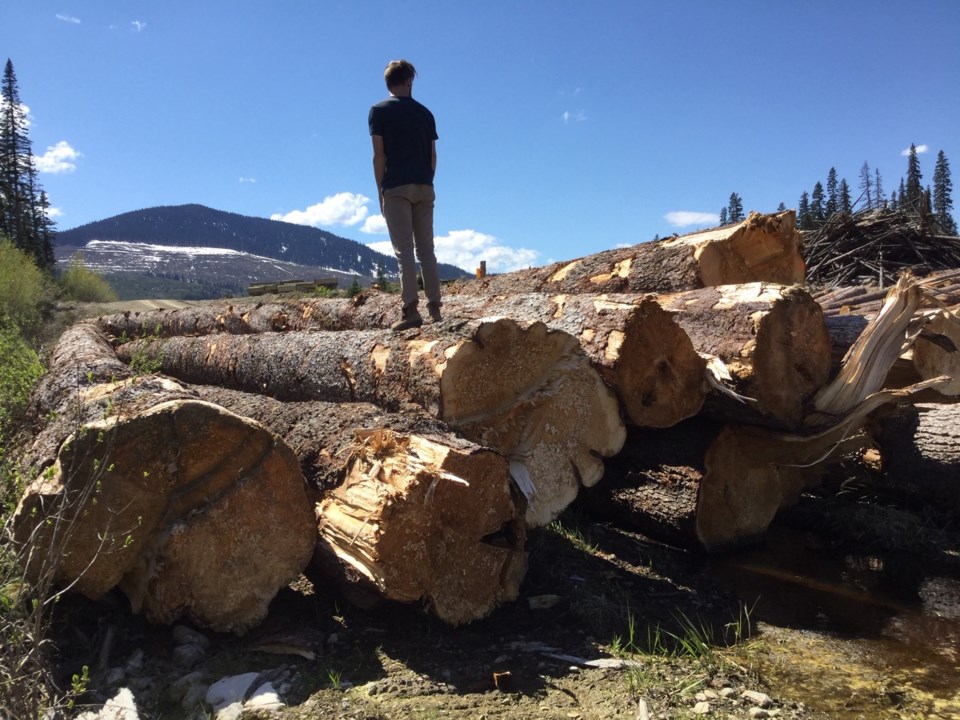Re: Nak'azdli Whut'en signs deal with lumber giants.
The elephant in the room is bad clearcut logging. Even if Indigenous led, industrial logging is ruining B.C.'s 13 unique ecosystems, natural services and essential benefits. Under B.C.'s Forest and Range Practices Act's pathetically low bar, who stewards the land is inconsequential. Even First Nations cannot clearcut sustainably under this profits-first regime.
B.C.'s environment issues remain in jeopardy if NDP and industry only make deals with the pro-commercial clearcut Indigenous communities over the conservationists or Indigenous protected conservation area crowd. There are plenty of jobs in the forest that do not require a feller buncher. Why aren’t these communities at the table?
Is there any traditional wisdom or First Nations cultural practices we could draw from that addresses the industrial removal of the entire forest cover? Is there any historical or traditional knowledge that can come to terms with colonial clearcutting? How will local communities accept the burning of trees abandoned as waste, drained wetlands and berry patches sprayed by toxic Roundup and the other common forestry practices?
The article's statement that beetle infestations and a changing climate that leaves forests more susceptible to insect attacks and wildfires have led to conditions that resulted in a 75 per cent drop in moose populations in some parts of the Nak’azdli Whut’en territory was embarrassing. Shame on playing the blame game with habitat loss. Clearcut logging is the major culprit of all that ails our forests. By reducing a forest’s resiliency, loggers have increased B.C.’s climate change factors - floods, fires, droughts, disease, pests and, as the Forestry Practices Board has declared, biodiversity loss.
The upside may be at least the profits from moose habitat loss in the Fort St. James territory will stay in the local community, not creep to the U.S. like Canfor’s. But the moose are gone, for good, and they cannot wait in the wings in the adjoining cutblock for a forest to regrow. They never do.
Taryn Skalbania
Peachland

